Friday, April 4, 2014 • 1:00pm – 7:30pm
Harvard Law School • Austin Hall North • 1515 Mass Ave
The Meat We Eat: 2014 Forum on Industrial Animal Farming explored the legal and policy aspects of industrial animal farming and related effects on public health, the environment, and animal welfare. Our forum brought together a host of authorities to raise discussion on a number of pressing questions, including: How does the U.S. currently regulate animal farming, what are the barriers to reform, and what can be done to strengthen protections for consumers, animals, and nearby communities? How can we create a more transparent food system so that consumers can choose healthy, sustainably- and humanely-raised food?
We are proud to have co-hosted this event with Harvard Law School’s Student Animal Legal Defense Fund (SALDF). Founded in 1995, HLS SALDF is a student chapter of the national Animal Legal Defend Fund. In keeping with its mission to advance the interests of animals through the legal system, HLS SALDF seeks to educate the Harvard community about issues facing animals, including institutionalized forms of animal abuse, and explore avenues of reform through legislation and litigation.
Speaker Biographies
Robert Martin (Keynote)
Johns Hopkins Center for a Livable Future, Food System Policy Program, Director
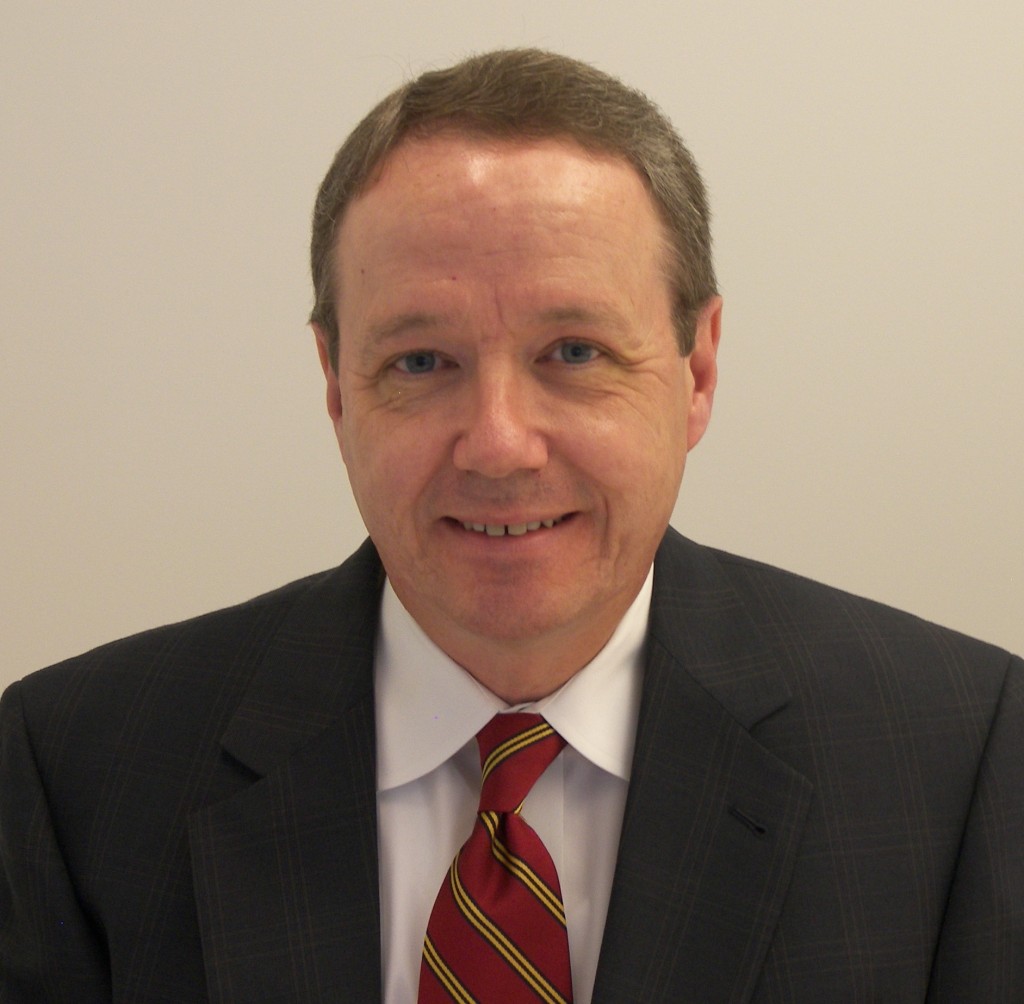 Bob Martin is Director of the Food System Policy Program at Johns Hopkins Center for a Livable Future and guest lecturer at the school. Formerly, he was a senior officer at the Pew Environment Group and was the Executive Director of the Pew Commission on Industrial Farm Animal Production, a two-year study funded by The Pew Charitable Trusts by a grant to Johns Hopkins Bloomberg School of Public Health. The charge to the Commission was to recommend solutions to the problems caused by concentrated animal feeding operations in the areas of public health, the environment, rural communities, and animal welfare. The Commission’s final report, Putting Meat on the Table: Industrial Farm Animal Production in America, was released on April 28, 2008.
Bob Martin is Director of the Food System Policy Program at Johns Hopkins Center for a Livable Future and guest lecturer at the school. Formerly, he was a senior officer at the Pew Environment Group and was the Executive Director of the Pew Commission on Industrial Farm Animal Production, a two-year study funded by The Pew Charitable Trusts by a grant to Johns Hopkins Bloomberg School of Public Health. The charge to the Commission was to recommend solutions to the problems caused by concentrated animal feeding operations in the areas of public health, the environment, rural communities, and animal welfare. The Commission’s final report, Putting Meat on the Table: Industrial Farm Animal Production in America, was released on April 28, 2008.
Mr. Martin, a native of Kansas, grew up in South Dakota and is a Phi Beta Kappa graduate of the University of South Dakota. After graduation, he worked as a general assignment newspaper reporter in Pennsylvania and then for the Kansas Farmers Union. He has more than 30 years experience in public policy and politics at both the federal and state levels. Previously, he worked for former South Dakota Senators George McGovern, Jim Abourezk, Tom Daschle, and current Senator Tim Johnson. In addition, he worked for then Kansas Congressman Dan Glickman, as well as for members of the Kansas Senate Democratic Caucus. In May of 2011, Mr. Martin was on the planning committee for the Future of Food Conference with Eric Schlosser and Patrick Holden. The conference was keynoted by His Royal Highness the Prince of Wales and USDA Secretary Tom Vilsack.
Claire Benjamin
Food Policy Action, Managing Director
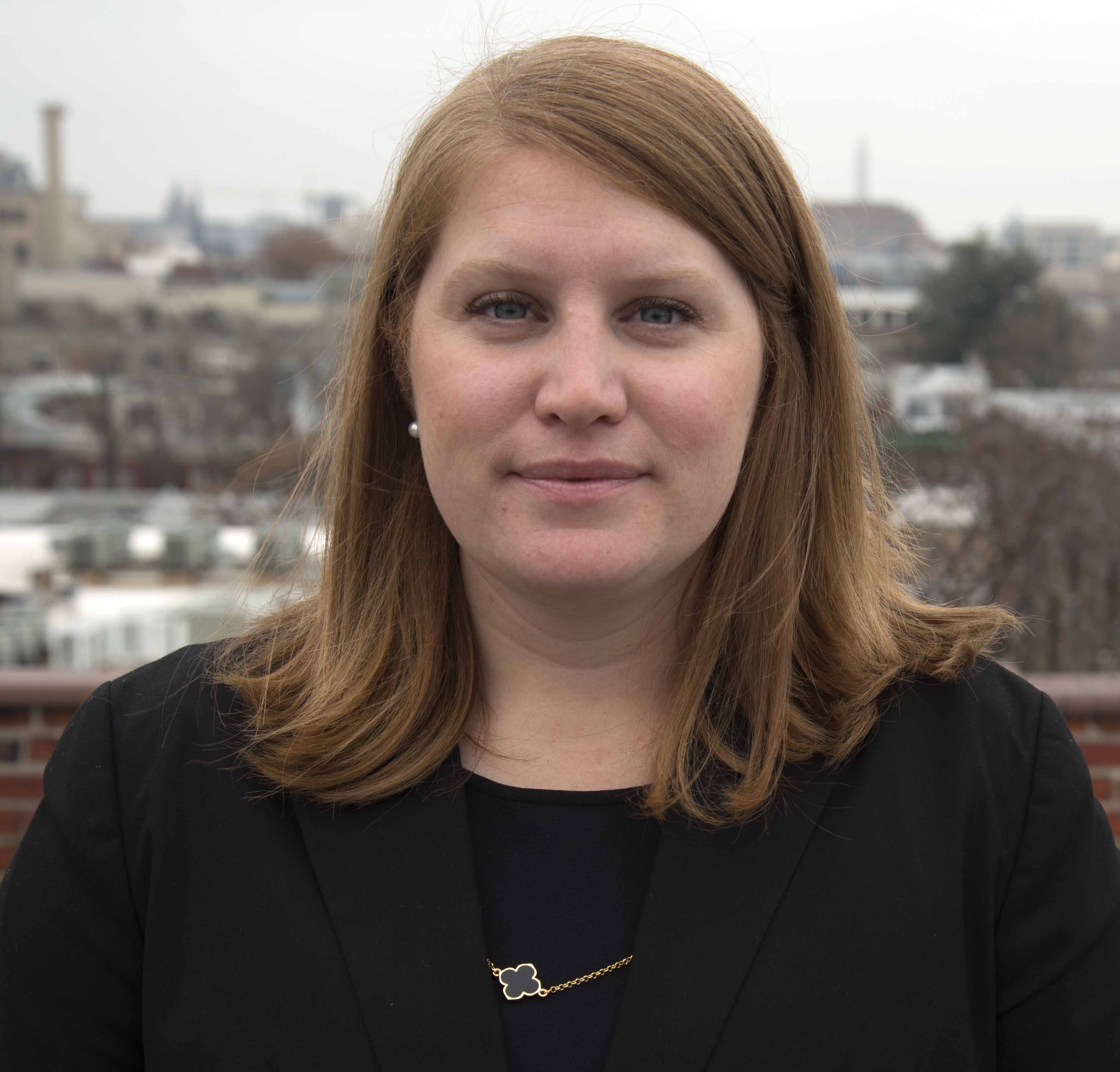 Claire Benjamin oversees the management of Food Policy Action, including publication of the National Food Policy Scorecard and the organization’s education and advocacy. She is an expert in food policy and sustainable agriculture, having spent nine years working on agriculture issues on Capitol Hill. From 2008 to 2013, she served as Rep. Chellie Pingree’s legislative director, leading the congresswoman’s efforts to reform agriculture policy on the Agriculture and Agriculture Appropriations Committees. Ms. Benjamin grew up in Vermont and attended the University of Vermont; she resides in Washington, DC.
Claire Benjamin oversees the management of Food Policy Action, including publication of the National Food Policy Scorecard and the organization’s education and advocacy. She is an expert in food policy and sustainable agriculture, having spent nine years working on agriculture issues on Capitol Hill. From 2008 to 2013, she served as Rep. Chellie Pingree’s legislative director, leading the congresswoman’s efforts to reform agriculture policy on the Agriculture and Agriculture Appropriations Committees. Ms. Benjamin grew up in Vermont and attended the University of Vermont; she resides in Washington, DC.
Gregory Dain
U.S. Environmental Protection Agency Region 1, Senior Assistant Regional Counsel
 Gregory Dain has over twenty years’ experience working for the U.S. EPA, where he currently serves as a Senior Assistant Regional Counsel for Region 1. His primary focus is Clean Air Act matters, both enforcement and legal counseling. In addition, he has handled matters involving nearly all environmental statutes implemented by the EPA. More recently, he has gained experience working with EPA’s Concentrated Animal Feeding Operation (CAFO) regulations promulgated under the Clean Water Act. That work has centered around permit requirements and issuance of permits (as compared to enforcement cases involving violations of permits or regulations). Mr. Dain received his Juris Doctor from Harvard Law School in 1990.
Gregory Dain has over twenty years’ experience working for the U.S. EPA, where he currently serves as a Senior Assistant Regional Counsel for Region 1. His primary focus is Clean Air Act matters, both enforcement and legal counseling. In addition, he has handled matters involving nearly all environmental statutes implemented by the EPA. More recently, he has gained experience working with EPA’s Concentrated Animal Feeding Operation (CAFO) regulations promulgated under the Clean Water Act. That work has centered around permit requirements and issuance of permits (as compared to enforcement cases involving violations of permits or regulations). Mr. Dain received his Juris Doctor from Harvard Law School in 1990.
Elizabeth Hallinan
Animal Legal Defense Fund, Litigation Fellow
 Liz Hallinan is currently a Litigation Fellow at the Animal Legal Defense Fund (ALDF), where she focuses primarily on litigation regarding farm animal welfare and food safety. Ms. Hallinan is a graduate of New York University School of Law and has worked for several animal and environmental legal firms and non-profits, including Compassion Over Killing, Natural Resources Defense Council, and Meyer, Glitzenstein and Crystal. Ms. Hallinan earned her undergraduate degree in biology at Harvard, and studied the behavior of primates for her senior thesis. She has a Masters degree in developmental and evolutionary psychology from Queen’s University.
Liz Hallinan is currently a Litigation Fellow at the Animal Legal Defense Fund (ALDF), where she focuses primarily on litigation regarding farm animal welfare and food safety. Ms. Hallinan is a graduate of New York University School of Law and has worked for several animal and environmental legal firms and non-profits, including Compassion Over Killing, Natural Resources Defense Council, and Meyer, Glitzenstein and Crystal. Ms. Hallinan earned her undergraduate degree in biology at Harvard, and studied the behavior of primates for her senior thesis. She has a Masters degree in developmental and evolutionary psychology from Queen’s University.
Matthew Hayek
Harvard School of Engineering and Applied Sciences, Ph.D. Candidate
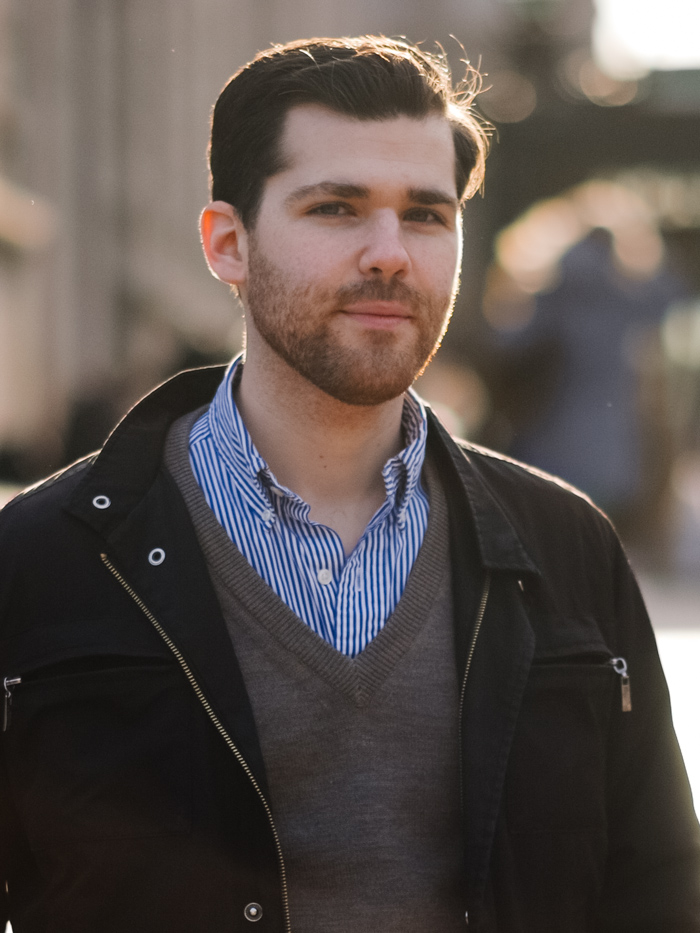 Matthew Hayek is a current PhD candidate in Environmental Science and Engineering at Harvard. He works with Professor Steven Wofsy on measuring greenhouse and reactive trace gases in the Brazilian Amazon. His graduate training in quantifying greenhouses gas fluxes has also lead him to learn more about the environmental impacts of animal agriculture. He regularly reviews recent peer-reviewed research on livestock, greenhouse gases, and air and water pollution, and finds new ways to synthesize and communicate these impacts to the public.
Matthew Hayek is a current PhD candidate in Environmental Science and Engineering at Harvard. He works with Professor Steven Wofsy on measuring greenhouse and reactive trace gases in the Brazilian Amazon. His graduate training in quantifying greenhouses gas fluxes has also lead him to learn more about the environmental impacts of animal agriculture. He regularly reviews recent peer-reviewed research on livestock, greenhouse gases, and air and water pollution, and finds new ways to synthesize and communicate these impacts to the public.
Erica Meier
Compassion Over Killing, Executive Director
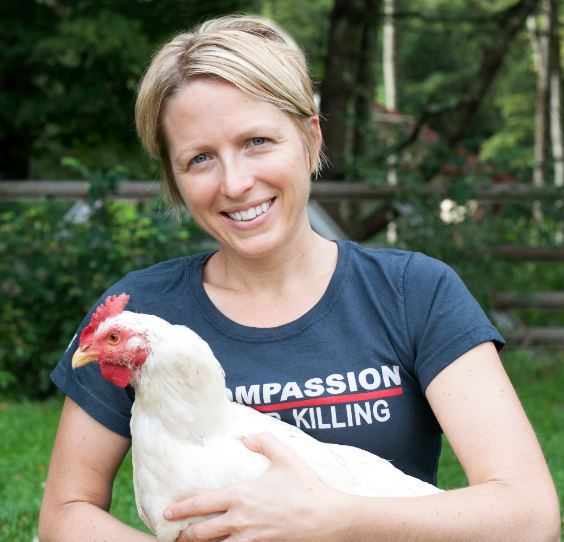 Erica Meier is the executive director of Compassion Over Killing (COK), a national non-profit animal protection organization based in Washington, DC. Working to expose cruelty to farmed animals and promote vegetarian eating as a way to build a kinder world, COK’s strategic efforts include undercover investigations, legal advocacy, corporate outreach, and public education.
Erica Meier is the executive director of Compassion Over Killing (COK), a national non-profit animal protection organization based in Washington, DC. Working to expose cruelty to farmed animals and promote vegetarian eating as a way to build a kinder world, COK’s strategic efforts include undercover investigations, legal advocacy, corporate outreach, and public education.
Before working at COK, Erica was an animal control officer in DC, rescuing sick, injured, and homeless animals as well as enforcing animal protection laws.
Erik Olson
Natural Resources Defense Council, Senior Strategic Director, Health and Food
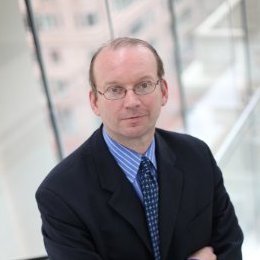 Erik D. Olson is Senior Strategic Director for Health & Food at the Natural Resources Defense Council, which he rejoined in December 2013. He helps manage NRDC’s work on pesticides, chemicals in food, agriculture, antibiotics, toxics, and the relationship of climate change to agriculture and health. Previously, he ran Food Programs at The Pew Charitable Trusts, overseeing campaigns on food safety, food additives, school foods, and antibiotics and animal agriculture. He helped lead the coalition effort to enact in 2011 the first major overhaul of FDA’s food safety law in over 70 years.
Erik D. Olson is Senior Strategic Director for Health & Food at the Natural Resources Defense Council, which he rejoined in December 2013. He helps manage NRDC’s work on pesticides, chemicals in food, agriculture, antibiotics, toxics, and the relationship of climate change to agriculture and health. Previously, he ran Food Programs at The Pew Charitable Trusts, overseeing campaigns on food safety, food additives, school foods, and antibiotics and animal agriculture. He helped lead the coalition effort to enact in 2011 the first major overhaul of FDA’s food safety law in over 70 years.
Previously, Mr. Olson was Deputy Staff Director and General Counsel for the U.S. Senate Committee on Environment and Public Works, helping to draft and oversee the consideration of a wide array of environmental legislation, and to arrange scores of committee hearings. Before his Senate tenure, Mr. Olson worked for 15 years at NRDC in a variety of senior positions including director of the health program. Earlier, he was counsel for the National Wildlife Federation’s environmental quality program, and an attorney in EPA’s Office of General Counsel. Mr. Olson has helped to lead successful legislative campaigns to overhaul the nation’s laws to protect drinking water and to safeguard the food supply from pesticides. He also litigated cases ranging from the Exxon Valdez litigation to cases involving natural resource damages, drinking water, and food safety, winning precedent-setting decisions. He graduated from Columbia College of Columbia University, and the University of Virginia School of Law.
Margiana Petersen-Rockney
Young Farmer Network, Founder/Organizer
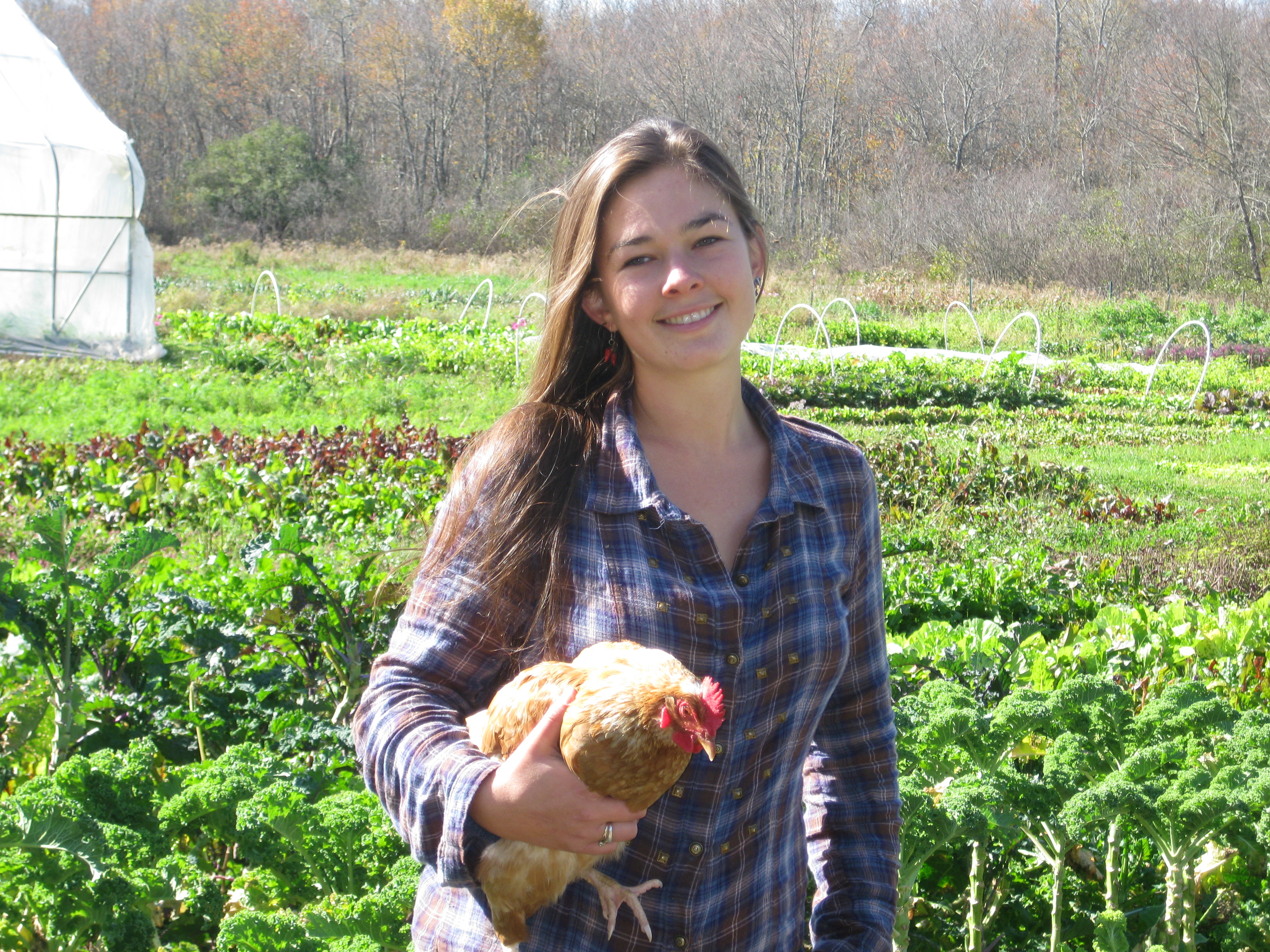 Margiana Petersen-Rockney works to help beginning farmers thrive. As a farmer herself, she understands first-hand the challenges facing new farmers. Ms. Petersen-Rockney grew up on a dairy goat and mixed livestock farm, and then had her own 60-family vegetable CSA and livestock farm and internship program in southeastern MA for four years. As a 2012 Wild Gift Social Entrepreneur Fellow she created the grassroots Young Farmer Network to support farmers developing socially, ecologically and economically sustainable farm businesses. At the New Entry Sustainable Farming Project she helps connect farmers, primarily women and immigrant/refugee farmers, to resources and educational opportunities. Ms. Petersen-Rockney was named one of the Boston 2013 Zagat’s 30 Under 30. Today she still grows about an acre of garlic and helps her family butcher the occasional hog.
Margiana Petersen-Rockney works to help beginning farmers thrive. As a farmer herself, she understands first-hand the challenges facing new farmers. Ms. Petersen-Rockney grew up on a dairy goat and mixed livestock farm, and then had her own 60-family vegetable CSA and livestock farm and internship program in southeastern MA for four years. As a 2012 Wild Gift Social Entrepreneur Fellow she created the grassroots Young Farmer Network to support farmers developing socially, ecologically and economically sustainable farm businesses. At the New Entry Sustainable Farming Project she helps connect farmers, primarily women and immigrant/refugee farmers, to resources and educational opportunities. Ms. Petersen-Rockney was named one of the Boston 2013 Zagat’s 30 Under 30. Today she still grows about an acre of garlic and helps her family butcher the occasional hog.
Nathan Rosenberg
Natural Resources Defense Council, Fink Fellow
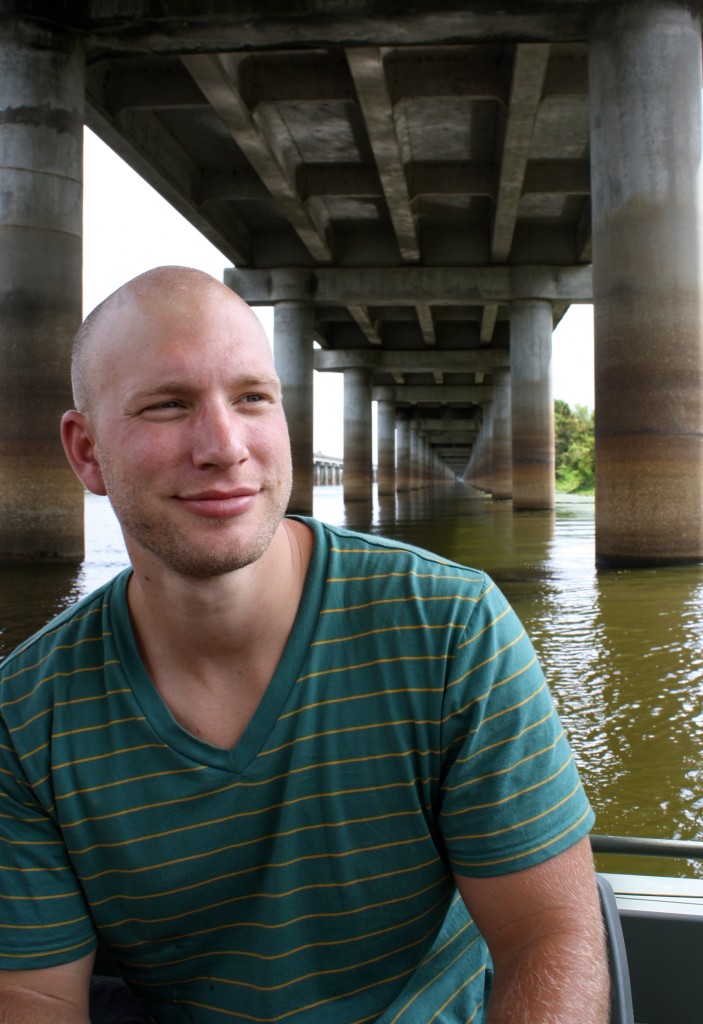 Nathan Rosenberg is the incoming Fink Fellow at the Natural Resources Defense Council’s New York office. As the Fink Fellow, he will focus on promoting regional and sustainable food in the greater New York City area and in other parts of the country. His food law work includes increasing access to healthy food, particularly among low-income and historically disadvantaged communities. Prior to joining NRDC, he served as the Delta Fellow, a joint Harvard Law School and Mississippi State University position based in the Mississippi Delta. In that position, he collaborated with local and statewide organizations to encourage the development of local food systems in the Deep South. He co-founded the Harvard Food Law Society while a student in law school and served as its first president. Mr. Rosenberg also worked on issues relating to food systems as a student attorney through the Harvard Food Law and Policy Clinic and the Food Law Society’s Projects Committee. He received his B.A. from Pitzer College in 2005 and his J.D. from Harvard Law School in 2012.
Nathan Rosenberg is the incoming Fink Fellow at the Natural Resources Defense Council’s New York office. As the Fink Fellow, he will focus on promoting regional and sustainable food in the greater New York City area and in other parts of the country. His food law work includes increasing access to healthy food, particularly among low-income and historically disadvantaged communities. Prior to joining NRDC, he served as the Delta Fellow, a joint Harvard Law School and Mississippi State University position based in the Mississippi Delta. In that position, he collaborated with local and statewide organizations to encourage the development of local food systems in the Deep South. He co-founded the Harvard Food Law Society while a student in law school and served as its first president. Mr. Rosenberg also worked on issues relating to food systems as a student attorney through the Harvard Food Law and Policy Clinic and the Food Law Society’s Projects Committee. He received his B.A. from Pitzer College in 2005 and his J.D. from Harvard Law School in 2012.
Paul Shapiro
The Humane Society of the United States, Vice President
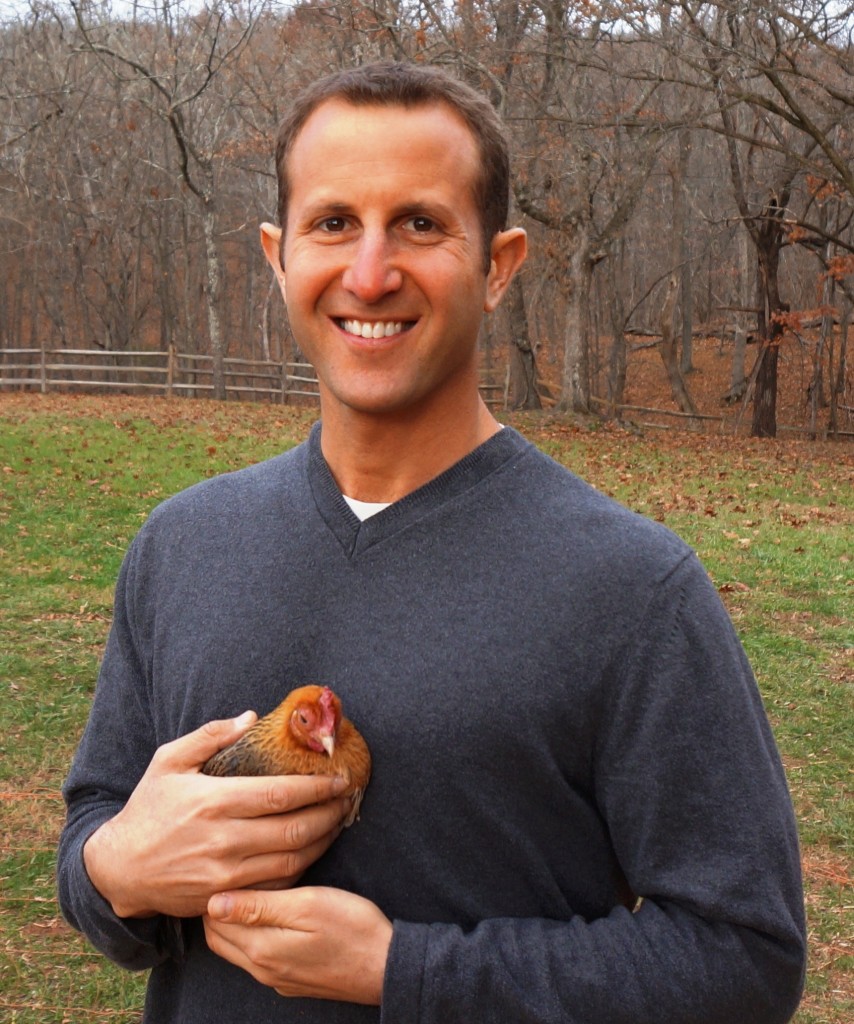 Paul Shapiro has played an integral role in numerous successful legislative and corporate campaigns to improve the plight of farm animals. He founded Compassion Over Killing in 1995 and served as its campaigns director until January 2005. Since then, he’s served as the head of Farm Animal Protection for the Humane Society of the US, the nation’s largest animal protection organization. Mr. Shapiro has been interviewed in hundreds of print, broadcast, and online news sources as an authority on farm animal welfare and animal advocacy. He has also published dozens of articles about animal welfare in publications ranging from daily newspapers to academic journals.
Paul Shapiro has played an integral role in numerous successful legislative and corporate campaigns to improve the plight of farm animals. He founded Compassion Over Killing in 1995 and served as its campaigns director until January 2005. Since then, he’s served as the head of Farm Animal Protection for the Humane Society of the US, the nation’s largest animal protection organization. Mr. Shapiro has been interviewed in hundreds of print, broadcast, and online news sources as an authority on farm animal welfare and animal advocacy. He has also published dozens of articles about animal welfare in publications ranging from daily newspapers to academic journals.
Dave Simon
Author of Meatonomics
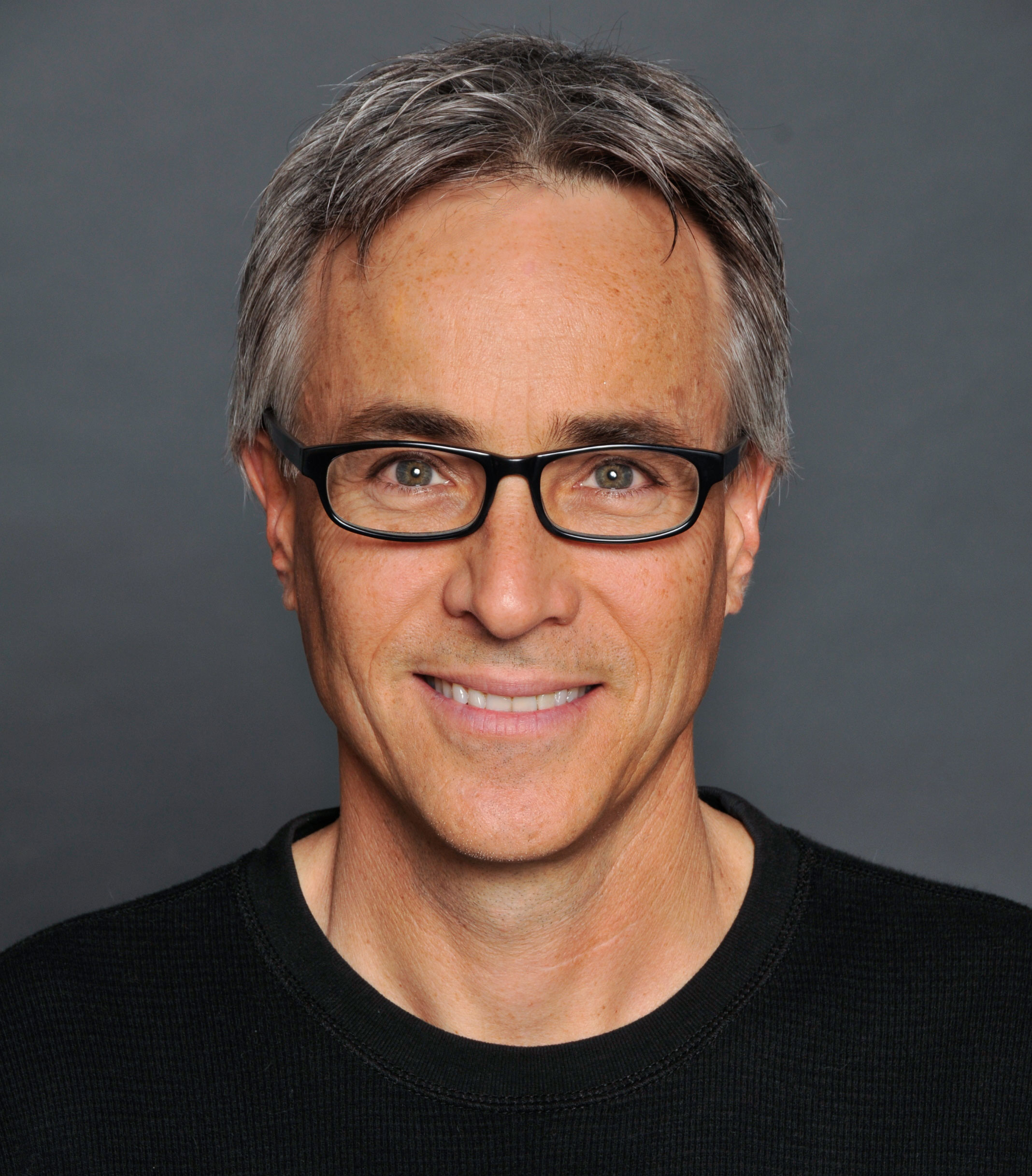 David Simon is a lawyer, writer and animal advocate. He works as general counsel for a healthcare company and serves on the board of Animal Protection & Rescue League and the APRL Fund. Mr. Simon received his B.A. from U.C. Berkeley and his J.D. from the University of Southern California. He has brought numerous challenges to unconstitutional free speech rules and has led efforts that, through negotiation or litigation, have resulted in better free speech rights for people seeking to engage in expressive activity at more than 20 venues in Southern California, including Downtown Disney, Hollywood Park, South Coast Plaza, and others.
David Simon is a lawyer, writer and animal advocate. He works as general counsel for a healthcare company and serves on the board of Animal Protection & Rescue League and the APRL Fund. Mr. Simon received his B.A. from U.C. Berkeley and his J.D. from the University of Southern California. He has brought numerous challenges to unconstitutional free speech rules and has led efforts that, through negotiation or litigation, have resulted in better free speech rights for people seeking to engage in expressive activity at more than 20 venues in Southern California, including Downtown Disney, Hollywood Park, South Coast Plaza, and others.
Mr. Simon is also the author of the book Meatonomics, which was published in September 2013 to strong reviews. Publisher’s Weekly calls the book “provocative and persuasive.” VegNews calls it “Riveting.” And the Huffington Post says it “deserves a prime spot in the library of everyone who cares about the politics of food.” Among other things, Meatonomics looks at the economic effects of ag-gag laws and other aggressive legal protections that animal food producers have put in place over the past three decades.
Moderators
Alexis Fox
The Humane Society of the United States, Massachusetts State Director
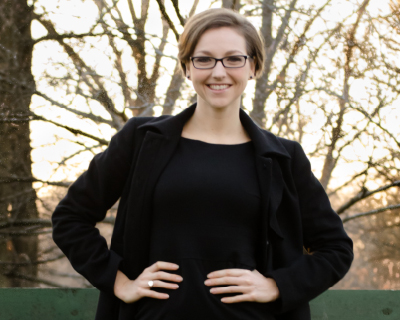 Alexis Fox is the Massachusetts State Director for the Humane Society of the United States (HSUS). She helps animals through legislation, corporate campaigns, citizen advocacy and coalition building. Ms. Fox is also the Co-Founder of Lighter, a nutrition & wellness company, and an adjunct Professor of Leadership at Emerson College.
Alexis Fox is the Massachusetts State Director for the Humane Society of the United States (HSUS). She helps animals through legislation, corporate campaigns, citizen advocacy and coalition building. Ms. Fox is also the Co-Founder of Lighter, a nutrition & wellness company, and an adjunct Professor of Leadership at Emerson College.
Ms. Fox holds a Juris Doctor from Lewis & Clark Law School. She specialized in animal protection law and was a visiting fellow at Georgetown University Law Center. She is a member of the Cornelius Honors Society and her writing has appeared in Animal Law. Before joining HSUS as a State Director, Ms. Fox worked in animal protection litigation.
With more than a decade of experience in advocacy, Ms. Fox has worked with numerous animal protection organizations including the Animal Legal Defense Fund and the National Center for Animal Law.
Wendy Jacobs
Harvard Law School Emmett Environmental Law & Policy Clinic, Clinical Professor and Director
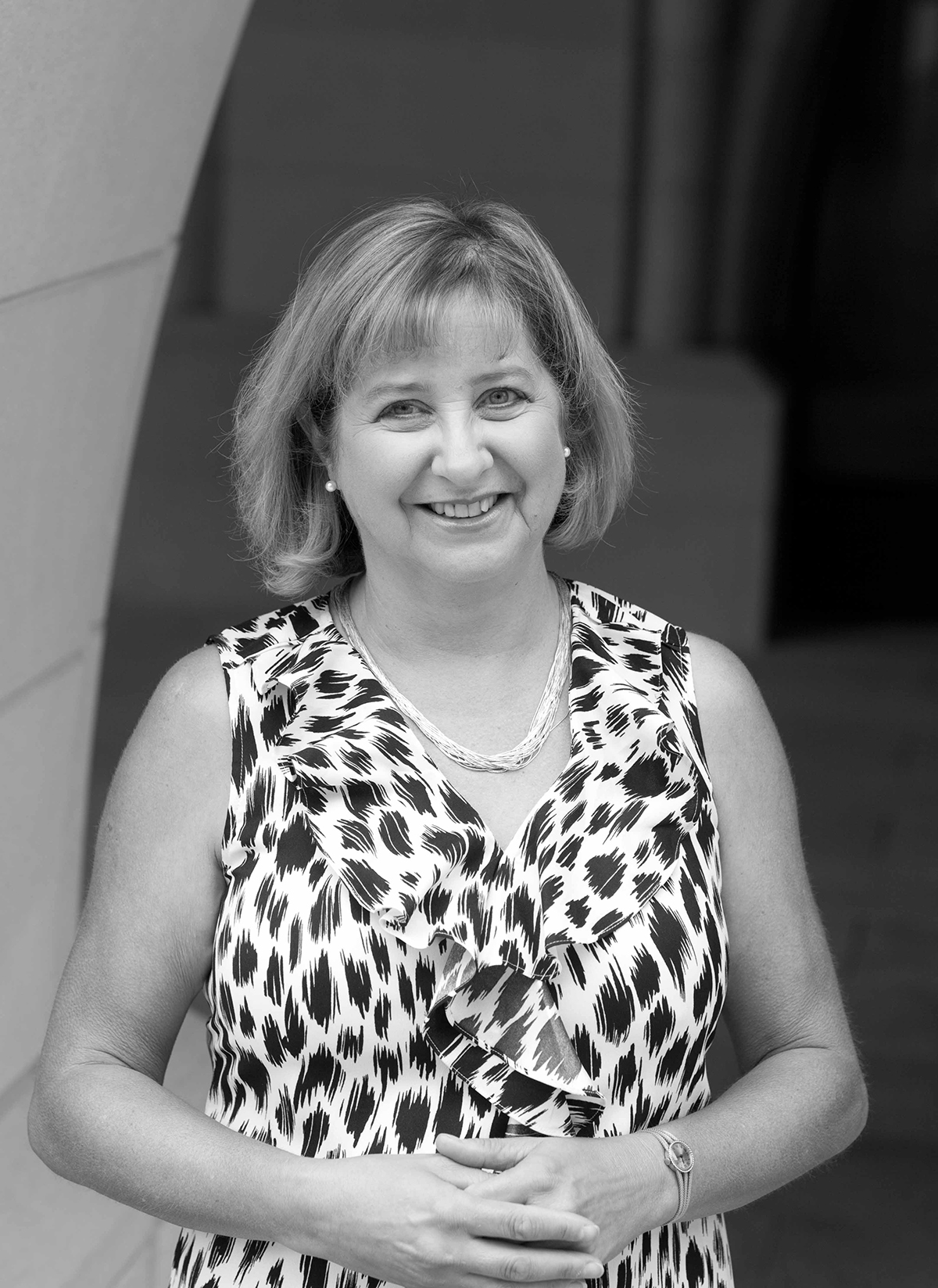 Wendy B. Jacobs is a Clinical Professor at Harvard Law School, Director of the HLS Emmett Environmental Law and Policy Clinic, and on the faculty of Harvard’s Center for Global Health and the Environment. In the Clinic, she and her students work on a variety of complex environmental law and policy projects focusing on renewable energy, sea level rise, regional stormwater management and other aspects of climate change adaptation, sustainable aquaculture, hydraulic fracturing, carbon capture and sequestration, mountaintop removal mining, and improved oversight and management of offshore drilling. Prior to joining Harvard Law School, Ms. Jacobs practiced administrative and environmental law as a partner in the Boston law firm Foley Hoag LLP for nearly 20 years, and before that as an appellate attorney and special litigator for the U.S. Department of Justice in its Environment Division in Washington, D.C. Ms. Jacobs received her J.D. with honors in 1981 from Harvard Law School, where she was an editor of the Harvard Law Review.
Wendy B. Jacobs is a Clinical Professor at Harvard Law School, Director of the HLS Emmett Environmental Law and Policy Clinic, and on the faculty of Harvard’s Center for Global Health and the Environment. In the Clinic, she and her students work on a variety of complex environmental law and policy projects focusing on renewable energy, sea level rise, regional stormwater management and other aspects of climate change adaptation, sustainable aquaculture, hydraulic fracturing, carbon capture and sequestration, mountaintop removal mining, and improved oversight and management of offshore drilling. Prior to joining Harvard Law School, Ms. Jacobs practiced administrative and environmental law as a partner in the Boston law firm Foley Hoag LLP for nearly 20 years, and before that as an appellate attorney and special litigator for the U.S. Department of Justice in its Environment Division in Washington, D.C. Ms. Jacobs received her J.D. with honors in 1981 from Harvard Law School, where she was an editor of the Harvard Law Review.
Baylen Linnekin
Keep Food Legal, Executive Director
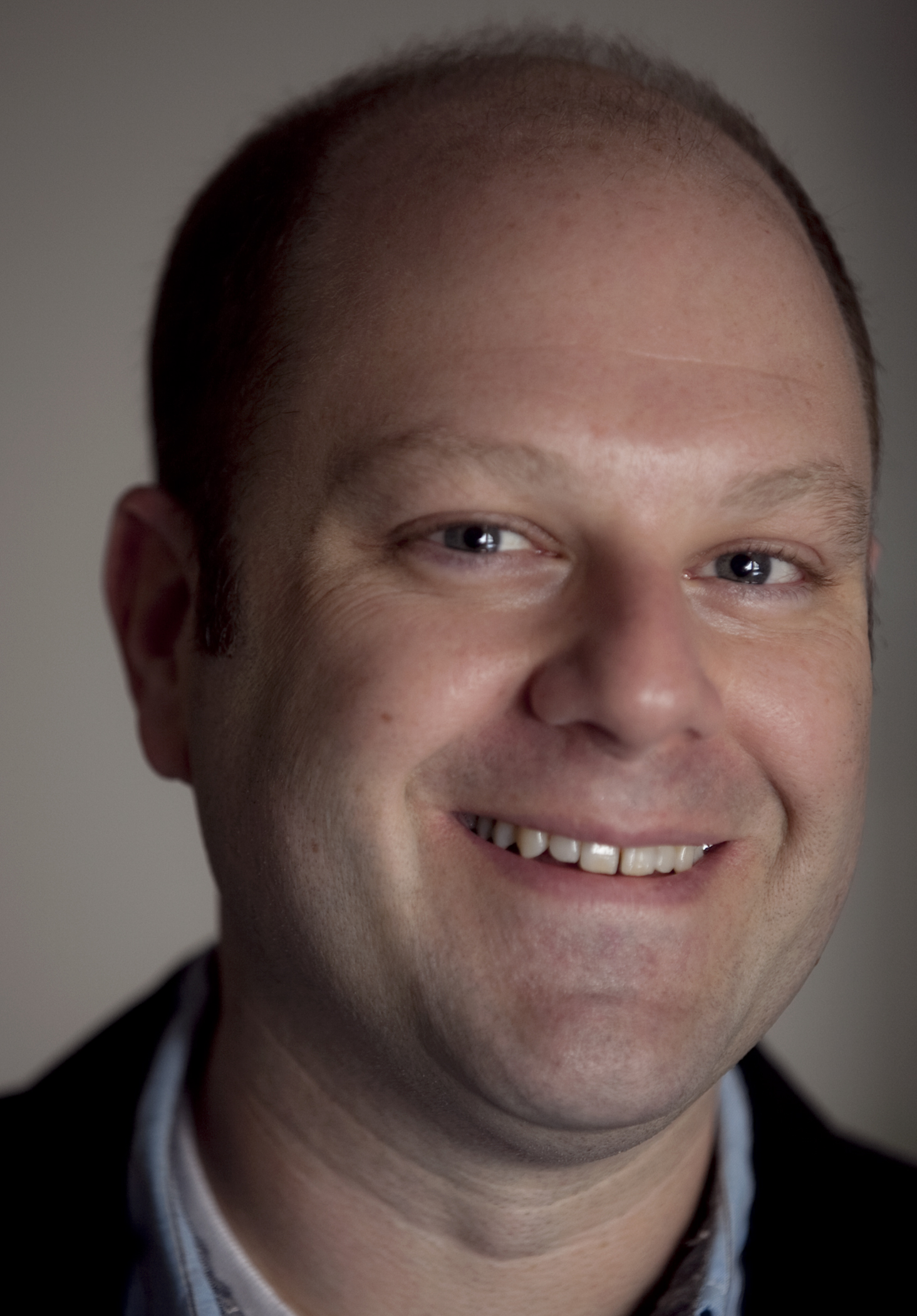 Baylen J. Linnekin, B.A., M.A., J.D., LL.M., is the founder and executive director of Keep Food Legal, a Washington, DC-based nonpartisan grassroots nonprofit organization that advocates in favor of food freedom—the right of every American to grow, raise, produce, buy, sell, share, cook, eat, and drink the foods of their own choosing. He writes a weekly column on Food Law & Policy issues for Reason magazine’s website, serves as an adjunct faculty member at American University, and will teach “Food Law & Policy” at George Mason University Law School in fall 2014.
Baylen J. Linnekin, B.A., M.A., J.D., LL.M., is the founder and executive director of Keep Food Legal, a Washington, DC-based nonpartisan grassroots nonprofit organization that advocates in favor of food freedom—the right of every American to grow, raise, produce, buy, sell, share, cook, eat, and drink the foods of their own choosing. He writes a weekly column on Food Law & Policy issues for Reason magazine’s website, serves as an adjunct faculty member at American University, and will teach “Food Law & Policy” at George Mason University Law School in fall 2014.
Mr. Linnekin’s writing on Food Law & Policy and Constitutional Law issues has appeared in the Wisconsin Law Review (forthcoming), Hastings Constitutional Law Quarterly, Chapman University Law Review, Northeastern University Law Journal, Oxford Encyclopedia of Food and Drink in America, Routledge International Handbook of Food Studies, New York Post, Baltimore Sun, Huffington Post, and many other publications. He has presented his research on these topics at Yale Law School, University of Chicago Law School, Harvard Law School, Tulane Law School, and many other law schools and universities. He has offered expert commentary on NPR, BBC Radio, Fox Business Channel, Al Jazeera America, Southern California Public Radio, New Hampshire Public Radio, Minnesota Public Radio, and numerous other radio and TV programs and has been cited/quoted by the Wall Street Journal, Washington Post, Los Angeles Times, Wilson Quarterly, ABA Journal, National Review, Bloomberg News, Reuters, Agence France-Presse, Voice of America, and many others.
Mr. Linnekin earned an LL.M. in agricultural and food law from the University of Arkansas School of Law, a J.D. from Washington College of Law, an M.A. in learning sciences from Northwestern University, and a B.A. in sociology from American University.
Schedule
12:30-1:00pm Arrival & Welcome
1:00-3:00 Session 1: Overview of Animal Farming in the U.S. and the Current Regulatory Environment
1:00-1:30 Introduction: How the American Legal System Protects Animal Food Producers, and the Consequences for Consumers and Animals
David Simon, Author, Meatonomics
1:30-2:30 Panel #1: Animal Welfare, Ag-Gag Laws, and the Need for Greater Transparency
Erica Meier, Executive Director, Compassion Over Killing
Paul Shapiro, Vice President, Farm Animal Protection, HSUS
Alexis Fox, Massachusetts State Director, HSUS (moderator)
2:30-3:00 Refreshments Break
3:00-4:00 Keynote Address: Findings, Recommendations, and Next Steps from The Pew Commission on Industrial Farm Animal Production
Robert Martin, Senior Policy Advisor, Johns Hopkins Center for a Livable Future
4:00-6:30 Session 2: The Future of Animal Farming
4:00-5:00 Panel #1: Regulating the Environmental Impacts of Animal Farming: Gaps, Overlaps, and Areas for Reform
Gregory Dain, Senior Assistant Regional Counsel, U.S. EPA Region 1
Matthew Hayek, PhD Candidate, Harvard School of Engineering and Applied Sciences
Erik Olson, Senior Strategic Director, Health and Food, Natural Resources Defense Council
Wendy Jacobs, Clinical Professor and Director, Harvard Law School Emmett Environmental Law and Policy Clinic (moderator)
5:00-5:30 Rise of the Super Bug: Antibiotic Overuse in Livestock
Liz Hallinan, Fellow, Animal Legal Defense Fund
5:30-6:30 Panel #2: Reducing Legal Barriers, Empowering Consumers, and Creating Pathways for Sustainably- and Humanely-Raised Meat
Claire Benjamin, Managing Director, Food Policy Action
Margiana Petersen-Rockney, Founder/Organizer, Young Farmer Network
Nathan Rosenberg, Fink Fellow, Natural Resources Defense Council
Baylen Linnekin, Executive Director, Keep Food Legal (moderator)
6:30-7:30 Reception
Sponsors
 The HLS Student Animal Legal Defense Fund (SALDF) is a group of students who care deeply about animals and the many issues facing them. The HLS SALDF was founded in 1995 as a student chapter of the Animal Legal Defense Fund, a national organization of lawyers who engage in litigation and legislative efforts on behalf of animals. Our SALDF chapter has four major goals:
The HLS Student Animal Legal Defense Fund (SALDF) is a group of students who care deeply about animals and the many issues facing them. The HLS SALDF was founded in 1995 as a student chapter of the Animal Legal Defense Fund, a national organization of lawyers who engage in litigation and legislative efforts on behalf of animals. Our SALDF chapter has four major goals:
- providing support, education, and work opportunities for students who are interested in animal rights or welfare law;
- educating the HLS community about issues facing animals, including nstitutionalized forms of animal abuse and the means of combating them through legislation and litigation;
- offering social functions for students interested in vegetarian and vegan food. You don’t need to be a vegetarian to be in SALDF, but we provide many opportunities for you to explore delicious vegetarian and vegan cuisine; and
- providing assistance to animals who are currently suffering through student fundraising and volunteering.
 The Milbank Tweed Student Conference Fund is a highly competitive fund allocated specifically for officially recognized student organizations and journals at Harvard Law School for planning conferences or symposia in relation to their organizations missions and goals. Funding is intended to promote students’ efforts to further their legal education outside the classroom, to provide opportunities for intellectual discourse and social interaction among students with varied interests and perspectives, and to assist students in making satisfying career choices. Funding is also intended to enable students to share common cultural and life experiences and to provide opportunities for students to serve others within the HLS community or society at large.
The Milbank Tweed Student Conference Fund is a highly competitive fund allocated specifically for officially recognized student organizations and journals at Harvard Law School for planning conferences or symposia in relation to their organizations missions and goals. Funding is intended to promote students’ efforts to further their legal education outside the classroom, to provide opportunities for intellectual discourse and social interaction among students with varied interests and perspectives, and to assist students in making satisfying career choices. Funding is also intended to enable students to share common cultural and life experiences and to provide opportunities for students to serve others within the HLS community or society at large.
 The Food Law and Policy Clinic of the Center for Health Law and Policy Innovation was established in 2010 to link Harvard Law students with opportunities to work with clients and communities on various food law and policy issues. The Initiative aims to increase access to healthy foods, prevent diet-related diseases such as obesity and type 2 diabetes, and assist small farmers and producers in participating in food markets.
The Food Law and Policy Clinic of the Center for Health Law and Policy Innovation was established in 2010 to link Harvard Law students with opportunities to work with clients and communities on various food law and policy issues. The Initiative aims to increase access to healthy foods, prevent diet-related diseases such as obesity and type 2 diabetes, and assist small farmers and producers in participating in food markets.
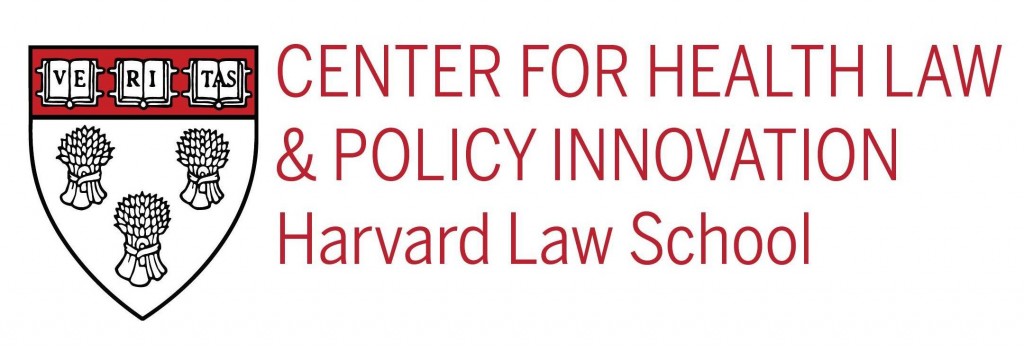 For the past 20 years the Harvard Law School Center for Health Law and Policy Innovation, home to both the Health Law and Policy Clinic and the Food Law and Policy Clinic, has worked to increase access to healthcare for vulnerable populations, particularly low-income people with chronic illness, as well as to support legal, regulatory, and policy structures that enable people to make healthy lifestyle choices. The Center’s projects span a variety of federal, state, and local access-to-care issues, and include building and supporting state advocacy structures through our State Healthcare Access Research Project (SHARP); informing passage and implementation of federal healthcare reform; and working with state partners to identify and address threats to the Medicaid Program.
For the past 20 years the Harvard Law School Center for Health Law and Policy Innovation, home to both the Health Law and Policy Clinic and the Food Law and Policy Clinic, has worked to increase access to healthcare for vulnerable populations, particularly low-income people with chronic illness, as well as to support legal, regulatory, and policy structures that enable people to make healthy lifestyle choices. The Center’s projects span a variety of federal, state, and local access-to-care issues, and include building and supporting state advocacy structures through our State Healthcare Access Research Project (SHARP); informing passage and implementation of federal healthcare reform; and working with state partners to identify and address threats to the Medicaid Program.
 The Petrie-Flom Center for Health Law Policy, Biotechnology, and Bioethics is a research program housed at Harvard Law School, founded in 2005 with the goal of promoting interdisciplinary analysis and legal scholarship in these fields. The Center is not an advocacy organization, but rather is dedicated to the unbiased scholarly analysis of pressing questions facing health policymakers.
The Petrie-Flom Center for Health Law Policy, Biotechnology, and Bioethics is a research program housed at Harvard Law School, founded in 2005 with the goal of promoting interdisciplinary analysis and legal scholarship in these fields. The Center is not an advocacy organization, but rather is dedicated to the unbiased scholarly analysis of pressing questions facing health policymakers.
The Center is currently led by faculty co-directors Professors I. Glenn Cohen and Benjamin Roin, with additional support from executive director Holly Fernandez Lynch. We host Academic Fellows who are preparing to enter the legal teaching market, as well as several graduate student fellows in their pursuit of independent scholarly projects; we also recently launched a student internship program.
The Center organizes several events each year, ranging from individual speakers and panel discussions to academic workshops and major conferences. Our most recent annual conference focused on the future of human subjects research regulation (proceedings will be released as an edited volume by MIT Press in 2014), and our upcoming annual conference in May 2013 will address the Food and Drug Administration in the 21st Century. We have also hosted training events, such as a session for federal and state judges on cutting-edge neuroscience research and its potential impact on the law.
The Center has recently entered a phase of expansion in which we will be pursuing a variety of Center-based projects, in addition to the high-quality individual academic work already done by our faculty and fellows. These Center-based projects will include grant-funded research, collaboration with policymakers, and potentially the launch of a new peer-reveiwed academic journal.
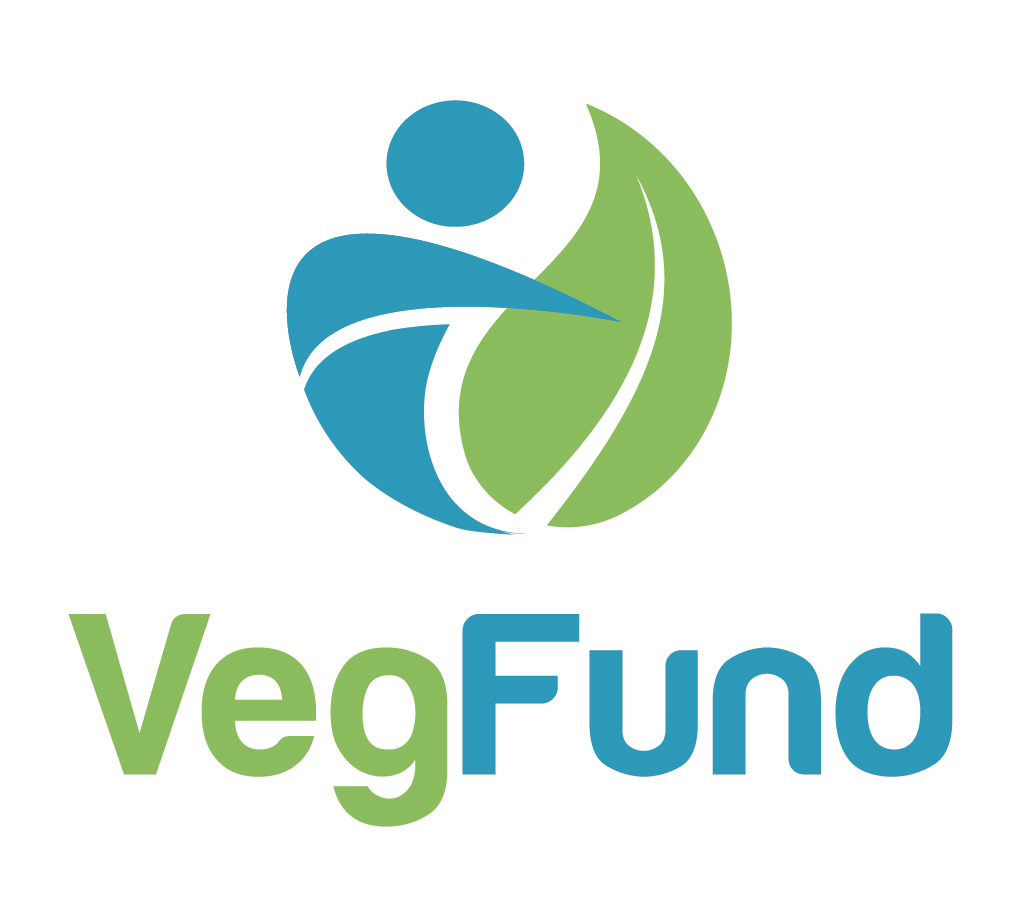 VegFund empowers vegan activists worldwide by funding and supporting effective outreach activities that inspire people to choose and maintain a vegan lifestyle. VegFund was co-founded in 2009 by Zia Terhune, Rae Sikora, and Jim Corcoran. Named “Non-Profit of the Year” by VegNews Magazine that same year, VegFund began with a simple concept to support vegan activists by providing small grants for grassroots outreach. The organization quickly became known in the vegan community and began receiving numerous funding requests from groups and activists in the U.S. and abroad. Since then, VegFund has grown significantly and expanded beyond just funding events, by offering activists an encouraging environment with access to free consulting and best practices. Comprised almost entirely of volunteers with no centralized office, VegFund keeps its operating costs very low allowing more funds to go directly to outreach.
VegFund empowers vegan activists worldwide by funding and supporting effective outreach activities that inspire people to choose and maintain a vegan lifestyle. VegFund was co-founded in 2009 by Zia Terhune, Rae Sikora, and Jim Corcoran. Named “Non-Profit of the Year” by VegNews Magazine that same year, VegFund began with a simple concept to support vegan activists by providing small grants for grassroots outreach. The organization quickly became known in the vegan community and began receiving numerous funding requests from groups and activists in the U.S. and abroad. Since then, VegFund has grown significantly and expanded beyond just funding events, by offering activists an encouraging environment with access to free consulting and best practices. Comprised almost entirely of volunteers with no centralized office, VegFund keeps its operating costs very low allowing more funds to go directly to outreach.
With Special Thanks for Donations from the Following:





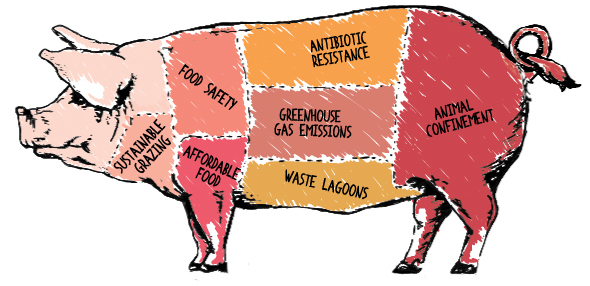
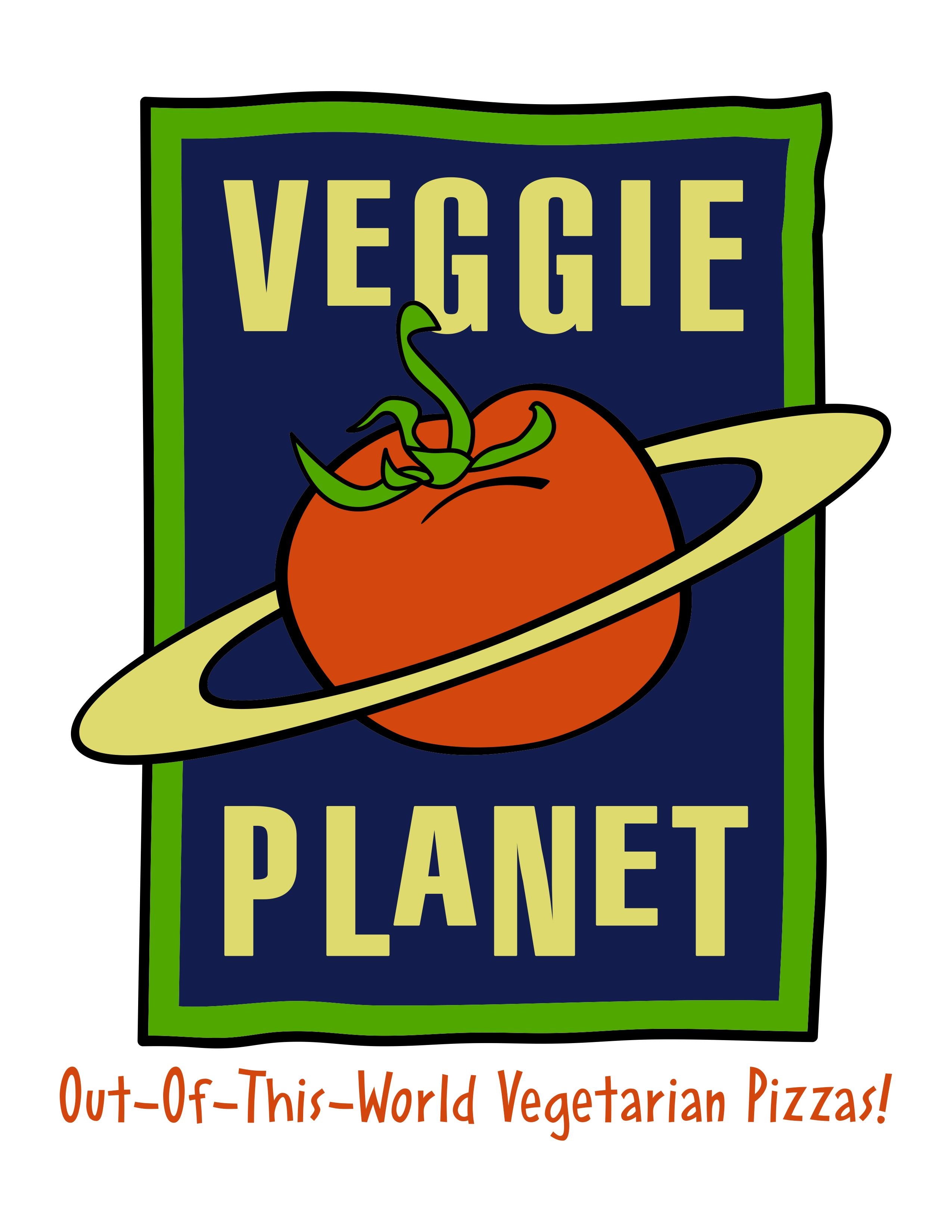

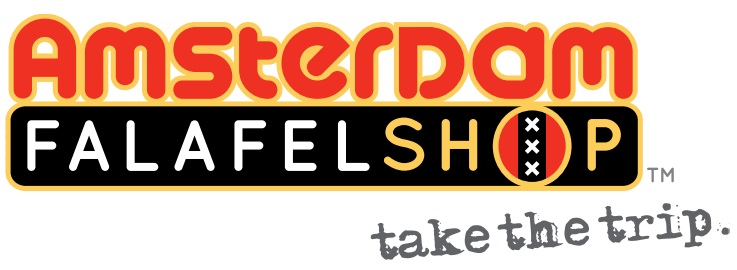
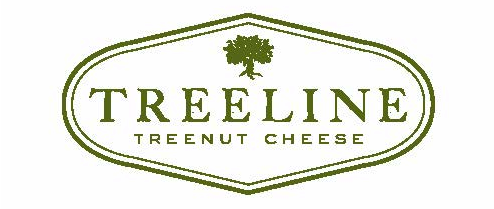
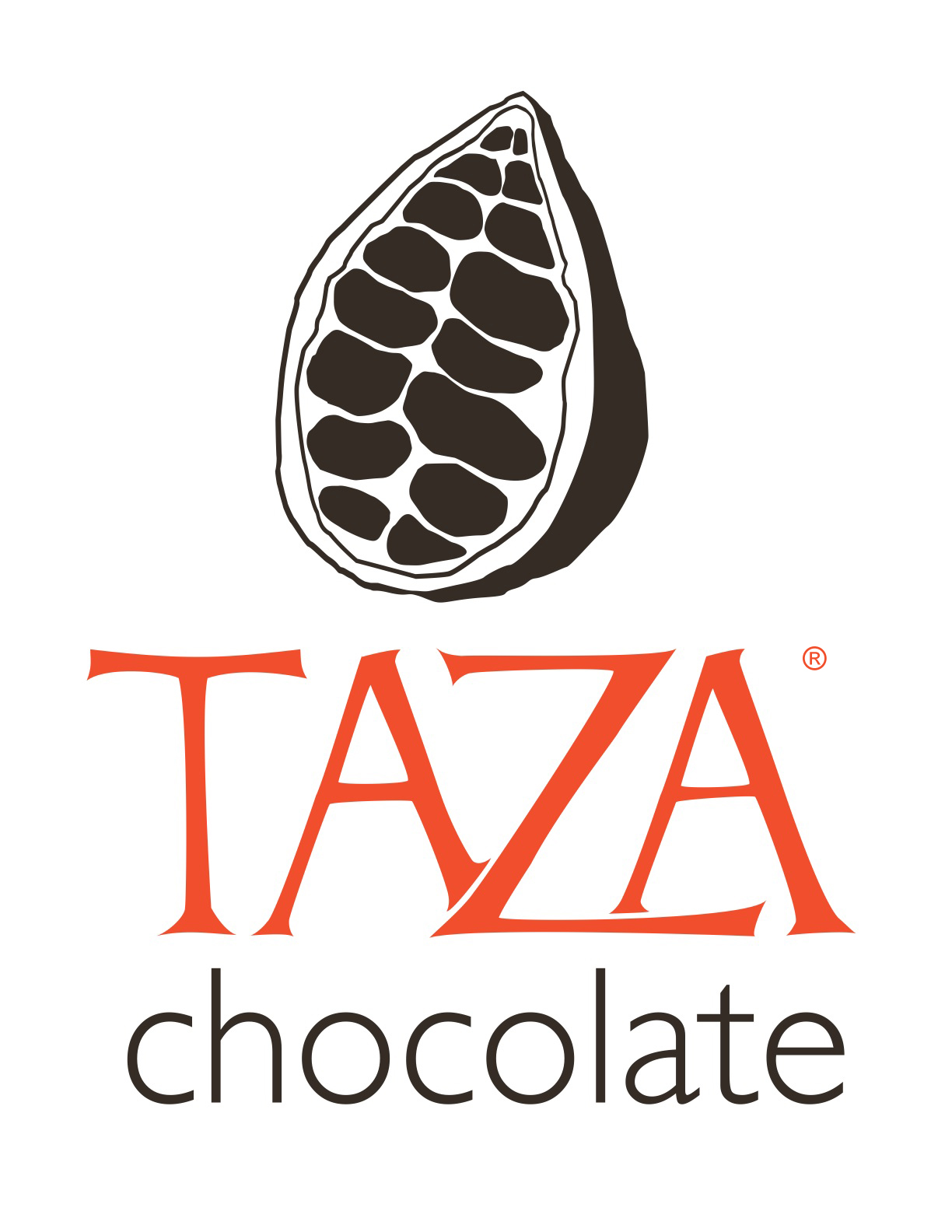
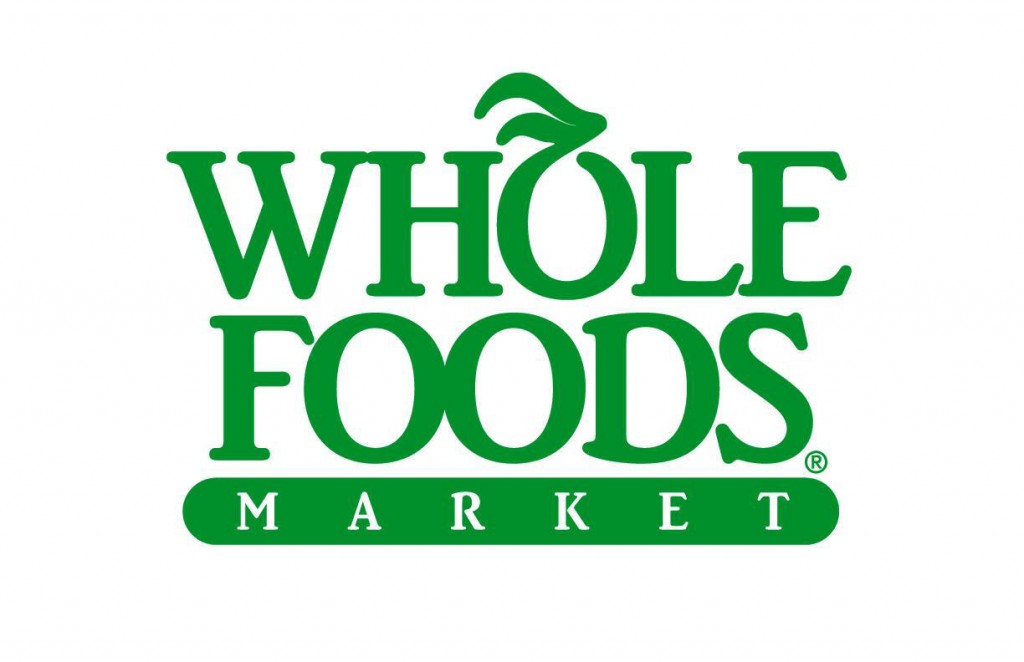

0 Comments
2 Pingbacks